curated screening presented at
Toronto International Film Festival’s Wavelengths Series
10.12.2017
On August 8th, 2000, the CIA declassified the transcript of a remote viewing session that took place on May 22nd, 1984. This document, suitably titled Mars Exploration, falls under the US government funded Stargate Project that sought to militarize psychic research and practice. In this particular experiment in extrasensory perception, a receptive individual projects or travels out of their body to a place, object or time unknown to them, reporting back as a kind of psychic reconnaissance.
The parameters for the Mars Exploration experiment are contained in a sealed envelope given to the subject by the monitor conducting their test. Inside the envelope is the following text: “The planet Mars. Time of interest approximately 1 million years B.C.” Unbeknownst to the subject, this text serves as the time and location for their astral projection. The monitor asks questions, probing what the subject’s mind’s eye witnesses, and shifts the time and location of the remote viewing at will by providing suggestions or specific coordinates.
Beginning at the location of a derelict pyramid structure, the subject describes a “dust storm…after effect of a major geologic problem.” The monitor is quick to redirect to a “time before” the incident. Here the subject describes “a shadow of people…[i]t’s as if they were there and they’re not…” The monitor asks the subject to go back again, to a time before, when these figures were firmly present. Shifting and maneuvering, the subject continues searching until coordinates “80 degrees south, 64 degrees east.” Here is another pyramid, perhaps the same one in its previously useful state. Inside, a place for “hibernations…sleeping through storms.” The monitor asks: “Tell me about the ones who sleep through storms.” The subject describes “ancient people” that are “looking for…a way to survive and they just can’t.” These figures tell the subject that some of them formed a “group [that] went somewhere, like a long way to find another place to live.” The monitor presses the subject to find and follow this group. Before the transmission is terminated, the subject reveals that these travellers found “a volatile place…[d]ifference is there seems to be a lot of vegetation where the other place did not have it. And [a] different kind of storm.”
* * *
“Tell me about the ones who sleep through storms” presents films and videos from artists in Estonia, Latvia, and Lithuania. Within the programme, remote viewing is positioned as a portal across time, history and personal experience. In this vein events not lived first hand can be reconfigured as malleable objects moving through time, newly and differently encountered. While eyes outside the Baltic region often impose a desire for a “Post-Soviet” or “Former-East” lens, the works in this programme either address or don’t address this history as an object that exists in the present, a free-floating alien that is perplexing within as it is without. There may be some shared ground here with the variously located diaspora from the region: feeling as though one is handed an envelope with a place, a time, and nothing but the mind to realize the homeland as it used to be, or the envelope contains an ever-receding horizon of a major ideological shift. In both these cases, not existing in that former place, or not remembering that time, is kin to a hibernation period, a sleeping through storms.
Programme:
Seamless, Daiva Tubutytė, 2017, 8:00, LT
Turnaround, Laura Toots, 2011, 4:58, EE
Victory Song, Ieva Balode, 2016, 10:00, LV
Potom, Ieva Epnere, 2016, 20:00, LV
The Road Movie, Gerda Paliušytė, 2015, 27:00, LT
…if all you told was turned to gold, Ieva Kraule, 2014, 3:20, LV
Exposure, Paul Kuimet, 2016, 7:56, EE
Eyebrow, Ulijona Odišarija, 2016, 2:59, LT
We Are Not Alone in the Universe, Kristina Norman, 2010, 11:30, EE
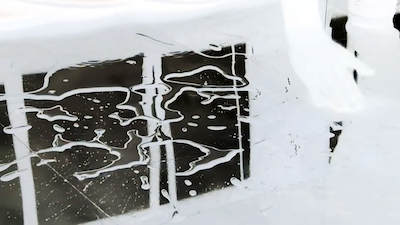
Seamless, Daiva Tubutytė, 2017
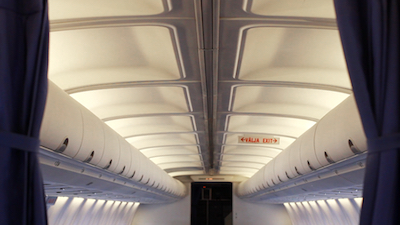
Turnaround, Laura Toots, 2011
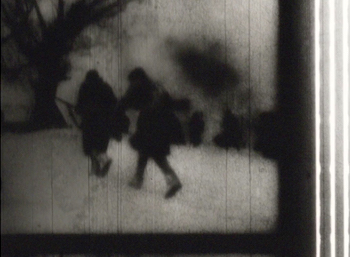
Victory Song, Ieva Balode, 2016
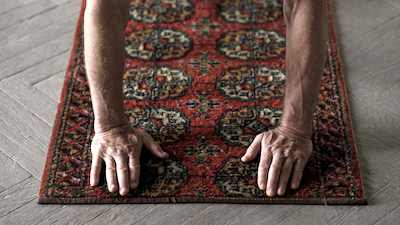
Potom, Ieva Epnere, 2016
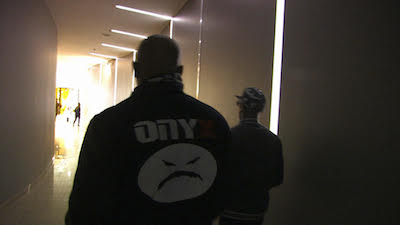
The Road Movie, Gerda Paliušytė, 2015
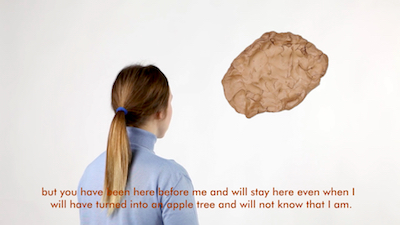
…if all you told was turned to gold, Ieva Kraule, 2014
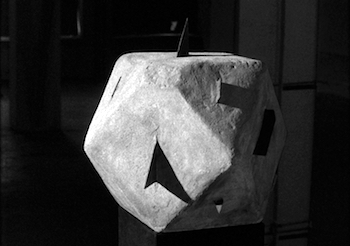
Exposure, Paul Kuimet, 2016
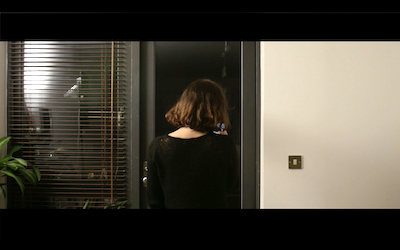
Eyebrow, Ulijona Odišarija, 2016
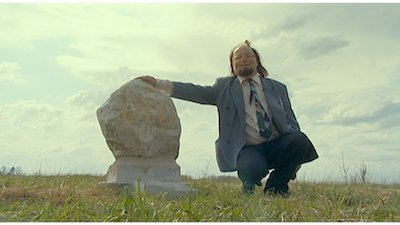
We Are Not Alone in the Universe, Kristina Norman, 2010